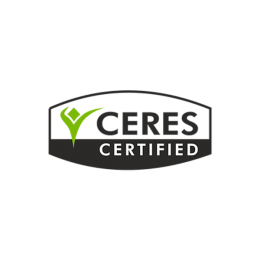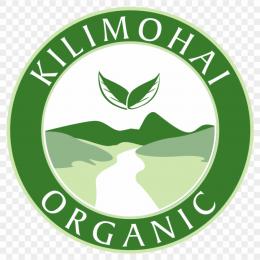How to consume:
- Eat raw as a snack.
- Roast and enjoy a richer flavour.
- Add in salads.
- Baking. Add into baking recipes of bread, cookies cake.
- Cashew butter. Blend in food processor to make spreading butter.
- Making dairy free cashew milk. Blend cashew with water then strain.
- Trail mix. Mix with other nuts and seeds.
- Add in smoothies and yoghurt.
- Add to morning cereal, oatmeal for breakfast.
Health Benefits:
- It has anti-carcinogenic properties. Selenium present.
- Prevent blood diseases. Contains copper which is important is getting rid of free radicals and indirect prevention of anaemia.
- Good for eye health. Contain zeaxanthin, protecting eyes from external damage.
- Helps with diabetes and blood sugar control.
- Good for skin, thanks to cashew oil which also contains zinc, phosphorus, iron, magnesium and selenium.
- Good for weigh loss. They are filling and for a longer period. Should be eaten in controlled amounts. The omega 3 fatty acid boost the process of burning excess fat.
- Good percentage of dietary fibre, good for digestion.
- Healthy hair. Consumption as well as application on your hair. This is because of linoleic and oleic acids present.
- They prevent inflammation.
- They are analgesic. Used in medicine.
- Improve brain function. Used by those who have had their brain weakened by chemotherapy.
- Improves fertility. Good sperm count and motility thanks to zinc and selenium present.
- Lowers cholesterol. HDL (High density lipoprotein) absorbs the cholesterol from the heart and take it to the liver to be broken down.
- Helps against heart disease. A fistful a day is good enough, preferably unsalted and unoiled.
- Helps with stomach and intestinal ailments.











 Kweli Designs
Kweli Designs